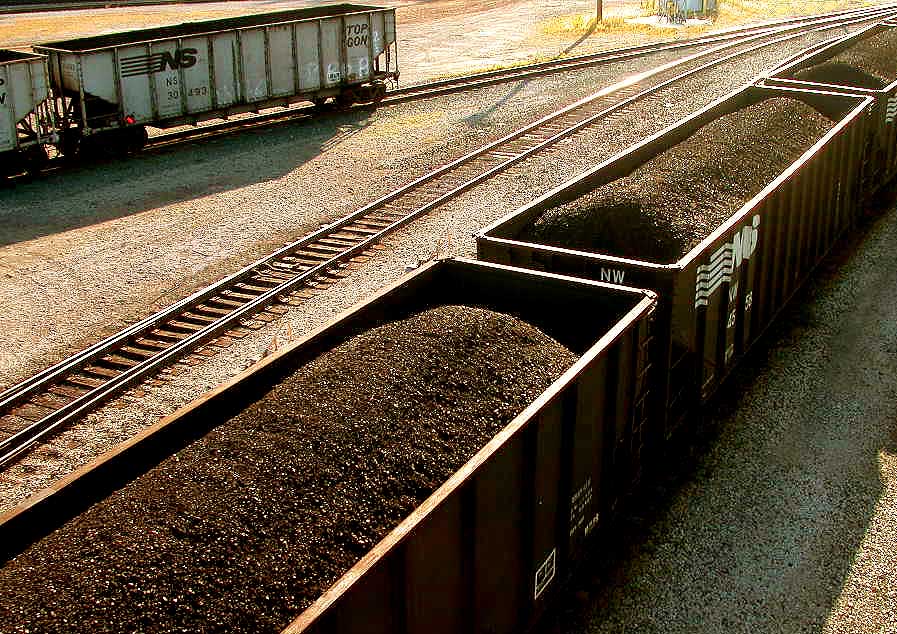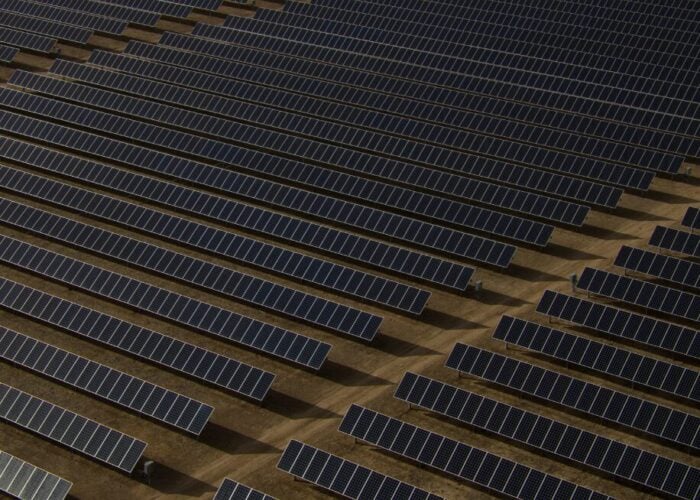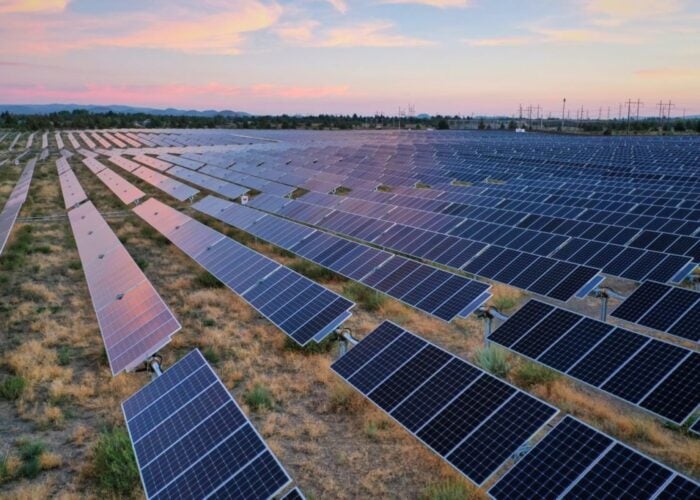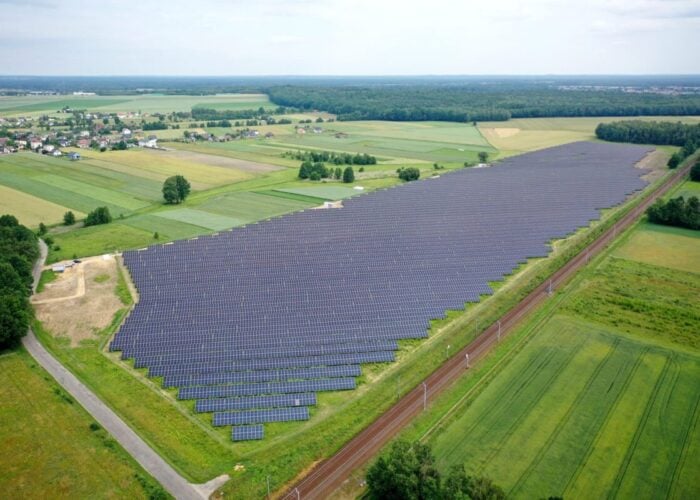
Industry-watchers, environmental groups and think tanks have commented on news this morning that the biggest coal mining company in the US, Peabody Energy, has filed for Chapter 11 bankruptcy protection, citing downturn in the coal industry as a major factor.
The company said it will continue with business as usual during the proceedings and has excluded its Australian operations from the filing, made with the United States Bankruptcy Court for the Eastern District of Missouri.
Try Premium for just $1
- Full premium access for the first month at only $1
- Converts to an annual rate after 30 days unless cancelled
- Cancel anytime during the trial period
Premium Benefits
- Expert industry analysis and interviews
- Digital access to PV Tech Power journal
- Exclusive event discounts
Or get the full Premium subscription right away
Or continue reading this article for free
However, the main Peabody Energy Corporation and the majority of its US entities are included in an action that Peabody claimed was “targeted towards significant debt reduction and improvement in fixed charges”.
The company has been able to obtain debtor-in-possession financing to the tune of US$800 million arranged by Citigroup including a US$500 million term loan. Peabody believes it has enough liquidity to survive and “continue the flow of goods and services to its customers in the ordinary course”, the company claimed in a statement.
“The factors affecting the global coal industry in recent years have been unprecedented. Industry pressures in recent years include a dramatic drop in the price of metallurgical coal, weakness in the Chinese economy, overproduction of domestic shale gas and ongoing regulatory challenges,” the statement went on to say.
Additionally, assets earmarked to be sold in Colorado and New Mexico will no longer change hands, as an unnamed buyer was unable to complete the transaction, the company said. However, Peabody claimed that it believes the market for coal will stabilise.
‘Be in no doubt; this is very big news’ – reactions this morning
PV Tech has already received commentaries on the news from a number of sources:
Ilmi Granoff, attorney and senior researcher at think tank, the Overseas Development Institute (ODI): “We know their playbook. As coal majors like Peabody lose out to cleaner technologies in their home markets, they pitch their industry as the solution to poverty. But increasingly developing economies – from Ethiopia to China – aren’t buying the pitch. Cleaner technologies are delivering better on everything from household energy access to national energy security.”
Mary Anne Hitt, director of environmental group Sierra Club’s Beyond Coal Campaign: “The biggest coal giant has fallen, and Peabody Energy’s bankruptcy should serve as a wake-up call to anyone promising that coal’s glory days will return. As Peabody grapples with the reality that the world is turning away from coal, it’s essential that it doesn’t turn away from its obligations to workers, communities, and the environment.
Unfortunately, Peabody has a history of spinning off its responsibilities into smaller companies that seem built to fail, while taxpayers are left holding the bag. We need to make sure the former energy giant is held accountable for every promise it’s made and that its decline leaves its commitments in the best shape possible. In addition to Peabody doing its part, we also need Congress to do theirs — which means investing more federal dollars in economic redevelopment and diversification in coal communities, shore up health care and pension plans for coal workers and their families, and ensure toxic mining sites are cleaned up and reclaimed.
As we transition to the clean energy economy, it’s essential that we don’t forget the immense contributions that coal communities have made to America and that we secure every family’s livelihood as we transition to new economic opportunities.”
Tom Sanzillo, director of finance at Ohio-based Institute for Energy Economics and Financial Analysis (IEEFA): “Peabody Energy, to the detriment of its investors and employees, is bankrupt today because its leadership has been unable to adjust to new energy markets in which coal is being displaced by new energy sources. That said, the coal industry is not dead, but it faces a time now in which is must innovate in ways that it has not done before. That means smaller markets and fewer mines.
Now that they have burned through energy industry deep pockets, multi-decade long government subsidy programs and public equity markets they must find others sources of capital. New investors will demand a level of innovation and discipline that has so far been lacking.
Peabody in 2013 reporting 9.285 billion tons of coal in its reserves, and in 2015 reducing that to 6.3 billion tons. Most of that change comes from write-offs of reserves that are no longer minable by current market economics.”
Richard Black, director of UK-based non-profit, Energy and Climate Intelligence Unit (ECIU): “Be in no doubt; this is very big news. The coal industry around the world has been under sustained pressure for a number of years now due to a range of factors, including a glut of coal pushing prices down and the increased availability of natural gas. But environmental pressures are the biggest factor. In many countries, air pollution is now a major concern, governments are becoming more and more concerned about the climate impacts of coal; and now the biggest private company of all has succumbed.
Phasing out coal in favour of cleaner forms of energy, like natural gas or renewables, is a process which is accelerating around the world. US companies are going bankrupt, European countries including the UK are phasing it out, and our research also shows that talk of a coal renaissance in Asian countries is likely to be a red herring.”
Bill McKibben, co-founder of grassroots climate action organisers 350.org: “This is a company that wilfully and deliberately sought to delay, dismantle or destruct climate action. Perhaps if they had spent more time and money diversifying their business rather than on lobbying against climate action and sowing the seeds of doubt about the science, they might not have joined the long (and ever growing) list of bankrupt global coal companies.”
Dr. Alison Doig, principal climate change advisor, Christian Aid: “We are starting to see the dawn of a new clean industrial era, in which coal power belongs in the past. It is time to make a big shift towards a renewable world, which delivers sustainable energy for all, providing power for the world’s poorest without increasing the risks of climate change.”






